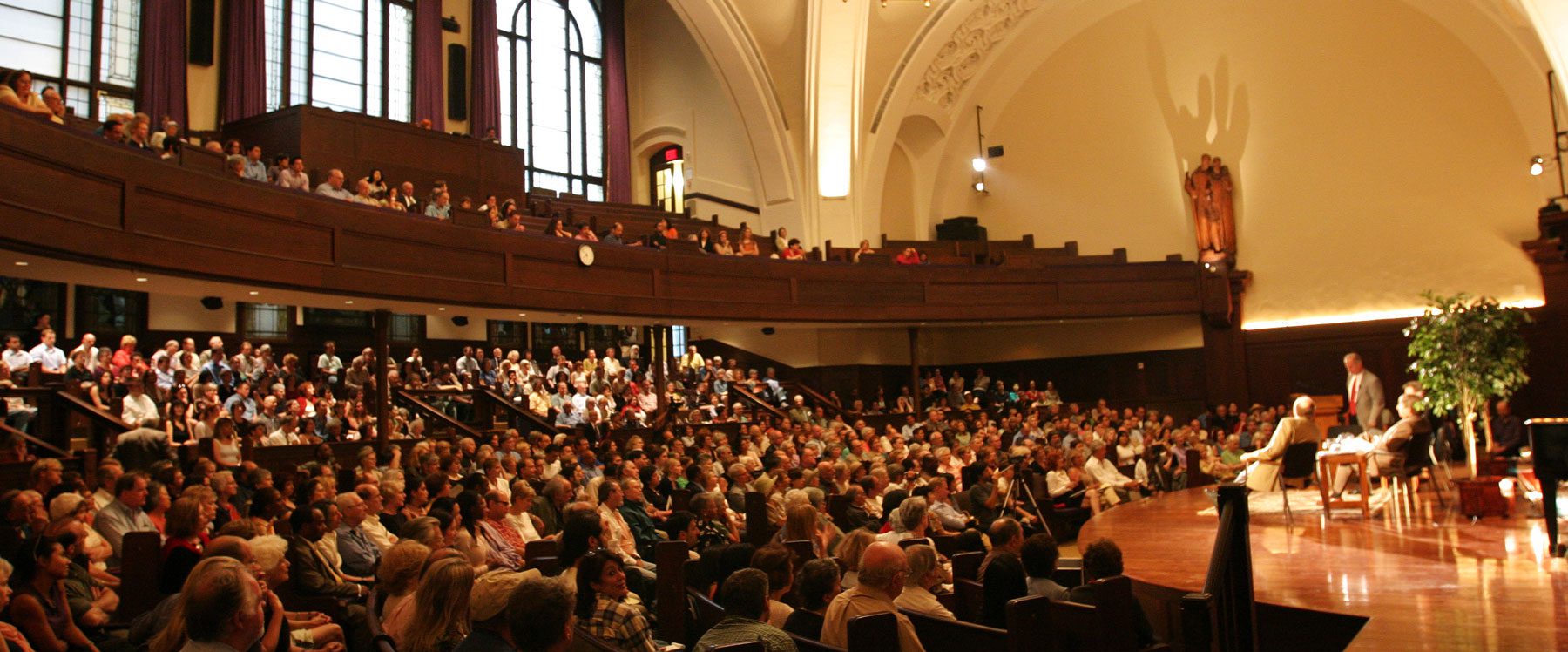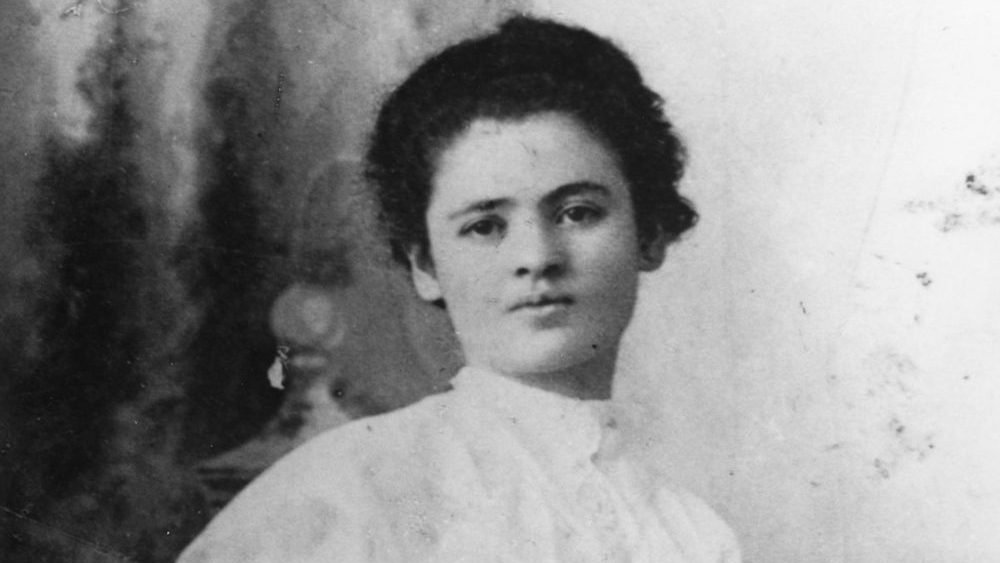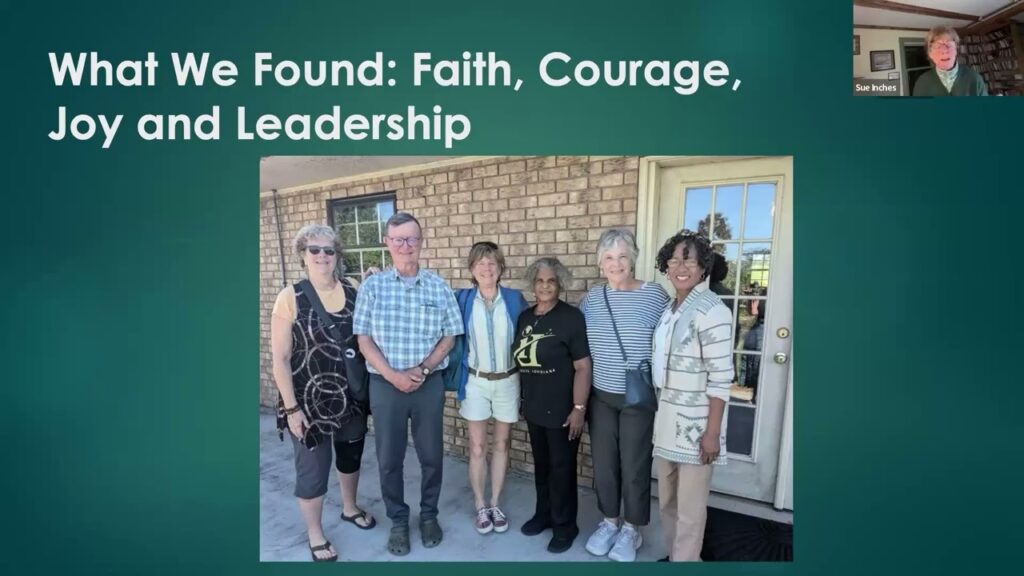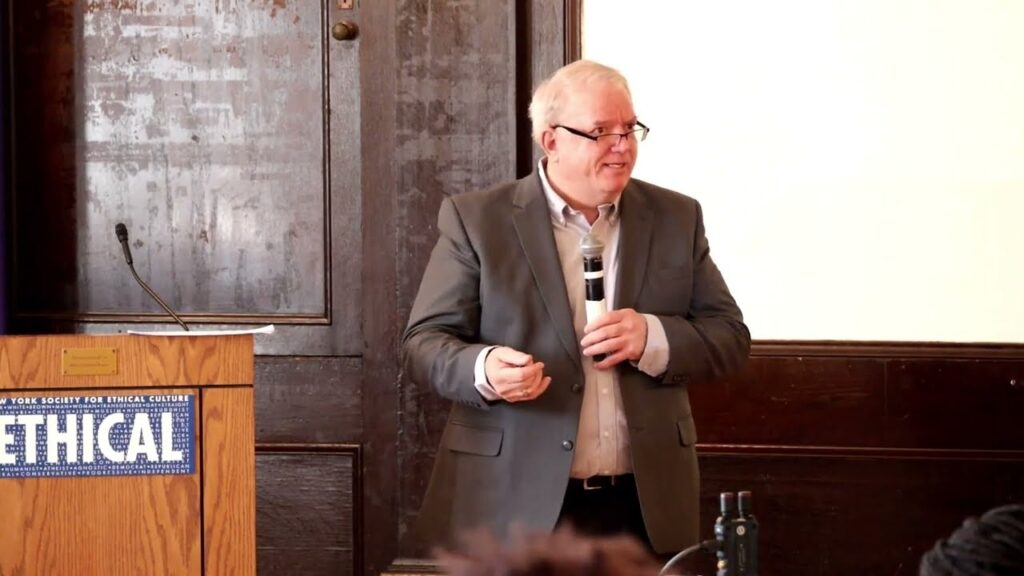
On Sunday, March 21, a public hearing of the Truth Commission on Conscience in War was held at Riverside Church in Manhattan. It was inspired by the documentary film “Soldiers of Conscience” (http://www.pbs.org/pov/soldiersofconscience/) and brought together testifiers, including veterans and conscientious objectors of the Iraq War, who talked about their brutal experiences; expert witnesses on religious and legal understandings of war who discussed its impact on society; and almost eighty commissioners from across the country and from many faith traditions who listened.
I was fortunate enough to serve as a commissioner, representing the NY Society for Ethical Culture and the American Ethical Union, both of which co-sponsored this historic event. On Monday the commissioners met to deliberate over the testimony we had heard and to start the process of writing a report on our findings. The most important concept I learned was “moral injury.” Veterans said they could no longer hide the truth of what they had witnessed and done; they had become disclosers and teachers. Many, including Tyler E. Bourdeau, author of the memoir Packing Inferno: The Unmaking of a Marine, spoke of post-traumatic stress in terms of moral injury, not a psychological disorder, and longed for a community of conversation where they could speak and be heard.
To my dismay, none of the students in the freshman seminar I teach at Adelphi University had ever heard about conscientious objection until I screened “Soldiers of Conscience,” and most of them were adamantly against it. “If someone volunteers for the military,” one student said, “then it’s a commitment. I wouldn’t want to serve with anyone who decided one day not to fight.” Somehow volunteering, as opposed to being drafted, made a difference; although there wasn’t much sympathy for CO’s from past wars either.
How times have changed, I thought. When I was a college freshman, my campus, with countless others across the country, was engaged in peace activism from the classroom to the interfaith chapel house. We rallied and marched, burned draft cards and offered sanctuary to conscientious objectors. My students seemed impervious to the plight of a soldier who, perhaps after relentless recruitment or economic need, signed a contract at the age of seventeen and later realized he just couldn’t kill another person. How, I wondered, would they console the Gold Star mother of a Pennsylvania National Guardsman who was killed in Baghdad searching for weapons of mass destruction? The courage I recognized in people who took a stand against violence they saw as cowardice.
So I talked about the moral injury that one suffers in war, the “crystallization of conscience,” as the military guidelines phrase it, that one can experience, and drew their attention to the epidemic of suicides and domestic abuse among returning soldiers. I recommended that they read Mr. Bourdeau’s book, and I close this message with his wise words: “While counselors strive diligently to never ask about the morality of war, there will be a great many veterans who cannot stop asking: ‘Is this war just?’ . . . For a veteran, sharing war stories is part of the process of reintegration into his community. . .
War stories also have a moral value. . . The ethical problem of war is no small issue and demands the attention of all people.”
To learn more about the Truth Commission and to follow its work, visit the website at http://www.conscienceinwar.org/.







